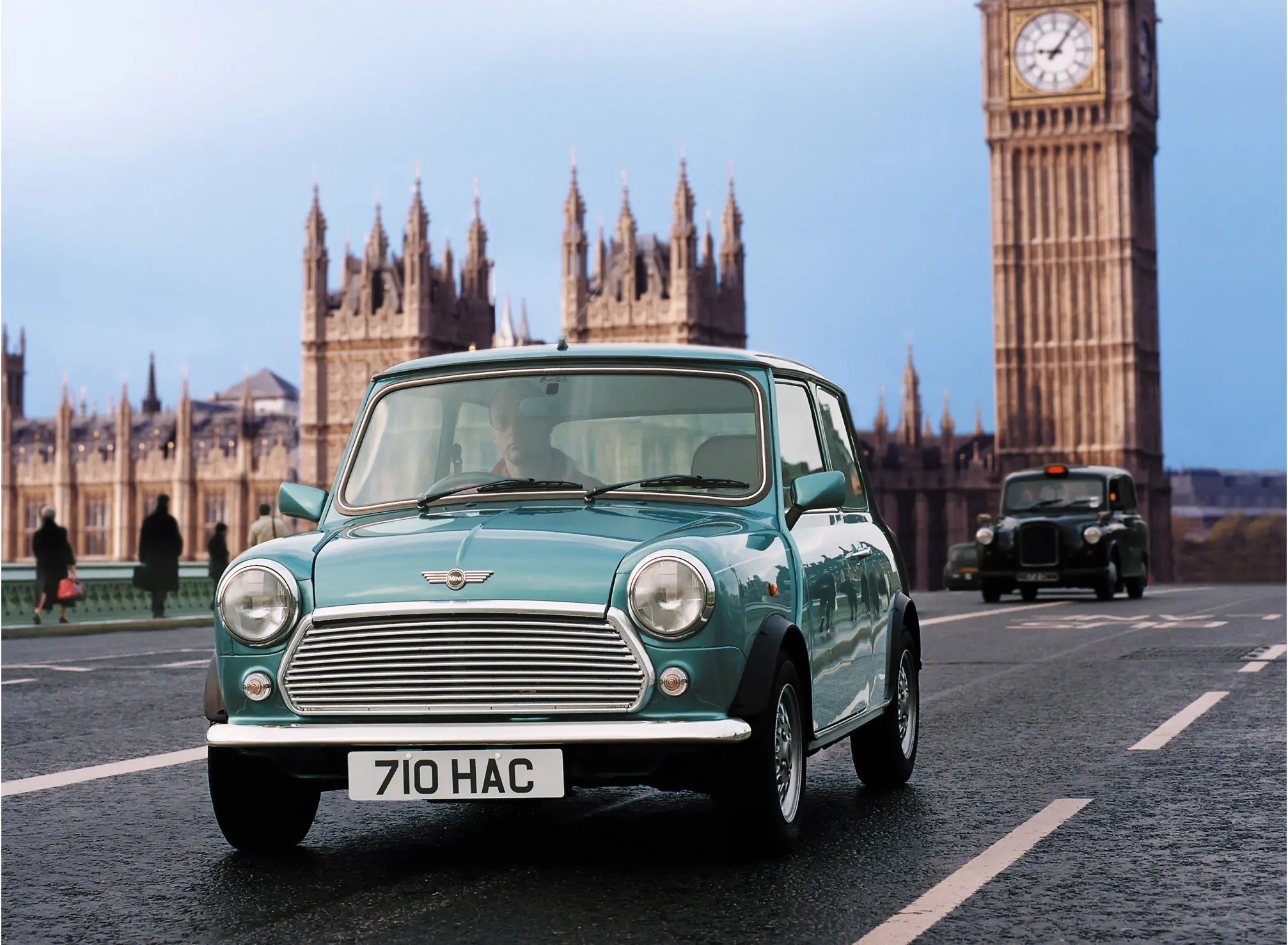Carbon offsetting for classics: two sides of the environmental coin flip
08 March 2023
While the extent to which historic vehicles pollute is debated, their tailpipe emissions remain the most contentious issue. The continued burning of fossil fuels, for need of a better description, is what the aims of Net Zero environmental policies aim to stop – the curtailment of so-called ‘greenhouse gases’ heating up the planet.
Although historic vehicles in the UK – all 1,538,927 of them – play a minimal role overall in the environmental impact of the car on the country’s air quality by sheer dint of numbers, they remain the target of Net Zero policies and clean air zone legislation, though a 40 year age cut-off exempts them from many programmes, including Birmingham and London.
We’re told that carbon dioxide (CO2) emissions are the biggest concern of them all: three discussions to consider are those of carbon footprint, embedded carbon and carbon offsetting. Regardless of your viewpoint, studies informed by these measurements inform governments and law makers – but the jury is out as to their effectiveness. Worldwide environmental summit, COP26, held in 2021, set out ways in which vehicle emissions were to be tackled.

COP26 came ahead of a ban of new petrol and diesel cars sold in the UK by 2030, and a commitment to be Net Zero compliant 20 years after that. Carbon offsetting is one such response to the issues raised at COP26; by protecting the rights of already manufactured vehicles to carry on using the roads, the historic vehicle hobby in turn gets a greener image; working with environmental policies will mean our cars are left out of air quality controls and restrictions on movement, if adopted.
Classic lobbyist groups, including the Federation of British Historic Vehicle Groups (FBHVC) and the Historic and Classic Vehicles Alliance (HCVA), both run carbon offset schemes based on mileage. Depending on how far you travel, the likes of Tree-V and Net-Hero, respectively, transfer the carbon footprint (CO2 emissions from the use of your classic) into conservation projects, including the planting of more forests.
Tree-V founder, Tom Worthington, said: ‘As much as our pride and joy attracts lots of positive attention for the nostalgia it evokes, it can also attract attention for having an exhaust pipe.
If we want to keep our beautiful machines relevant and responsible in the 21st century, we need to recognise how some sections of society might view them.’
Net-Hero’s 185 members claim to have offset 1047 tons of CO2 from its 185 members since 2021. If you can remember photosynthesis from school, trees and plants convert CO2 into oxygen; a ‘pay-as-you-go’ planting service should, in theory, negate, or ‘offset’ the miles you’ve driven in your historic vehicle.
While the schemes are laudable, neither pro-car advocates, nor environmental campaigners, are convinced by their effectiveness. Advisor to FairFuelUK, Paul Biggs, felt that the tiny numbers of historic vehicles on the road counted them out of environmental schemes, including carbon offsetting.
‘Carbon offsetting for classics in the UK is futile virtue-signalling. A waste of time and money,’ he said.
‘The entire UK CO2 emissions is less than 1 per cent of global man-made CO2 emissions, unlike the UK, the big global CO2 emitters including the USA, China and India don't have legally binding Net Zero targets. China and India have loose ambitions of 2060 and 2070 respectively, along with the expansion of electricity generation from coal.
UK classics are responsible for less than a quarter of one percent of vehicle kilometres travelled in the UK, so are irrelevant to any type of emissions in the UK and globally. Classics should therefore be exempt from Net Zero and clean air targets. Also, the EU aren't banning new petrol and diesel vehicles until 2035 compared to 2030 for the UK. The UK is leading where few are prepared to follow.’
Nor are the likes of Greenpeace enamoured with the benefits of carbon offsetting; such schemes, it argues, would have had to have been in place from the time the first cars left their factories.
Embedded carbon studies – the carbon footprint of everything involved in the car’s production that it carries off the production line and then adds to from tailpipe emissions – say that carbon offsetting initiatives, on those grounds, are ineffective.
‘The big problem with offsets isn’t that what they offer is bad – tree planting or renewable energy and efficiency for poor communities are all good things – but rather that they don’t do what they say on the tin,’ wrote Alia Al Ghussain, digital campaigner, Greenpeace. ‘They don’t actually cancel out […] the emissions to which they are linked.
A newly planted tree can take as many as 20 years to capture the amount of CO2 that a carbon-offset scheme promises. We would have to plant and protect a massive number of trees for decades to offset even a fraction of global emissions. Even then, there is always the risk that these efforts will be wiped out by droughts, wildfires, tree diseases and deforestation.’
